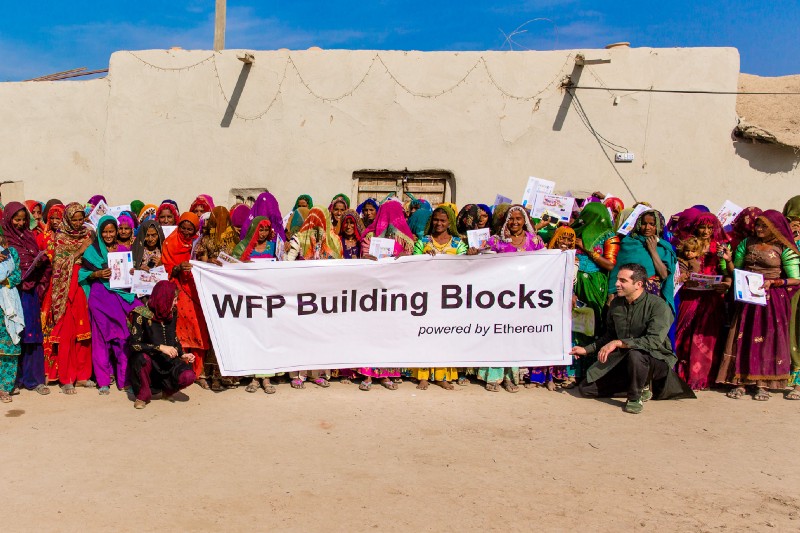Feeding the hungriest through blockchain


Blockchain offers unique opportunities for humanitarian agencies to provide assistance to vulnerable people around the world. It is now being used by the World Food Programme (WFP) to help feed the world through their program Building Blocks.
This is the technology that enables the existence of cryptocurrency such as Bitcoin. The WFP describes it as, “a digital ledger technology used as a trusted way to track the ownership of assets without the need for a central authority, which could speed up transactions while lowering the chance of fraud or data mismanagement.”
In recent years, the WFP has increased its cash transfers to improve the livelihoods of thousands of people and inject cash IGNORE INTO local economies. It’s been exploring different approaches like blockchain to reduce costs and risks while improving data protection and speeding up delivery.
“Blockchain can revolutionize the way WFP delivers assistance to vulnerable families across the globe. It can bring us closer to the people we serve and allow us to respond much faster,” said Farman Ali, from the WFP Karachi provincial office in a press release.
Their project ‘Building Blocks’ aims to make WFP’s growing cash-based transfer operations faster, cheaper, and more secure. With the support of the Innovation Accelerator they established field pilots in Pakistan earlier this year and are now exploring use cases beyond the cash-based transfers.
They used the Ethereum blockchain, which is a global blockchain network that many businesses use. With this, families were able to receive assistance and the WFP personnel were able to authenticate and record the way families used these funds.
The WFP believes blockchain has the potential to allow faster intervention in difficult environments. For example, “in vulnerable countries lacking financial infrastructure, blockchain could help humanitarian actors roll out life-saving cash assistance in a matter of days when disasters strike,” they argue.
Nonetheless, “the full potential of blockchains can only be realized if all humanitarian actors collaborate around this platform.”
LatinAmerican Post





